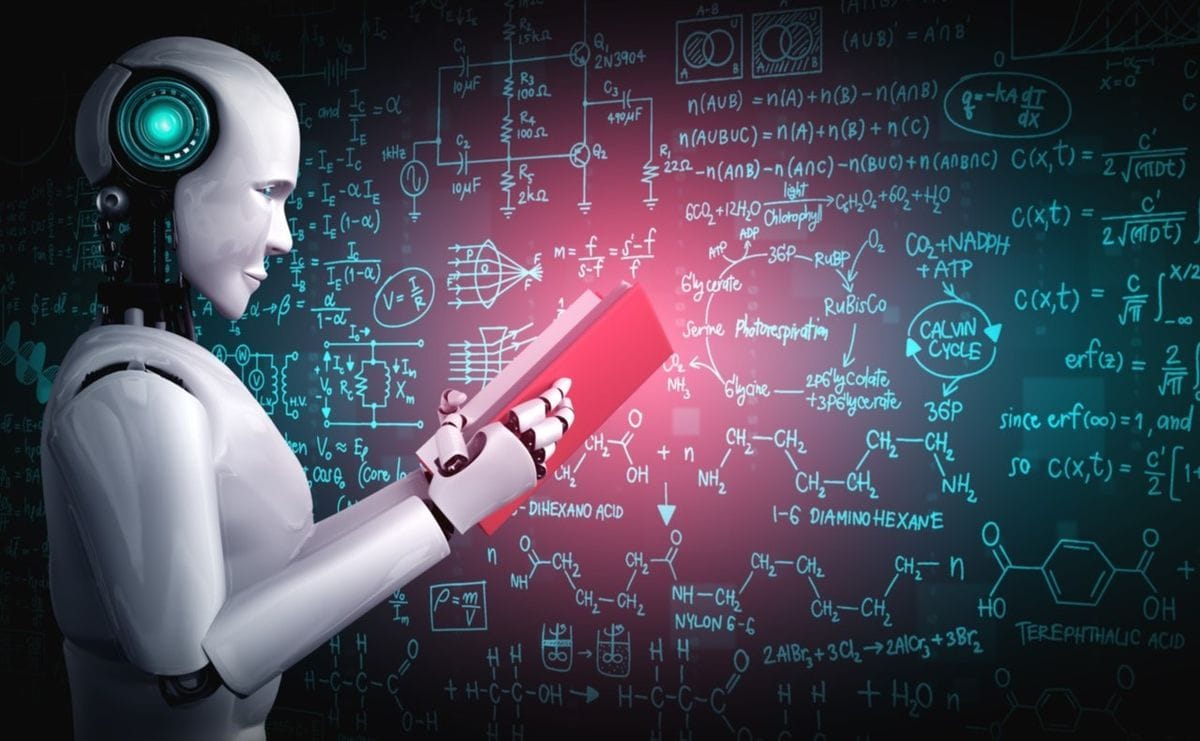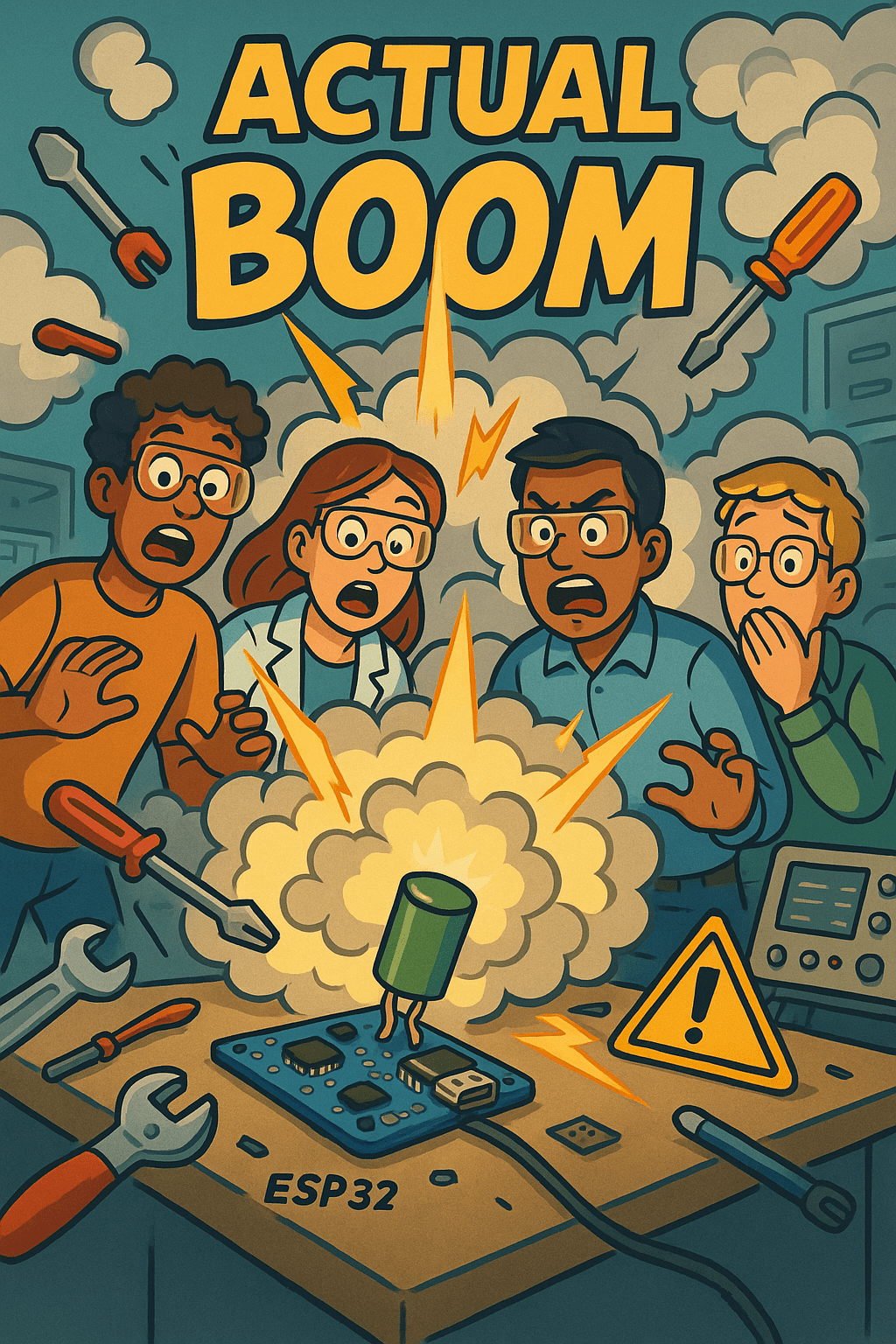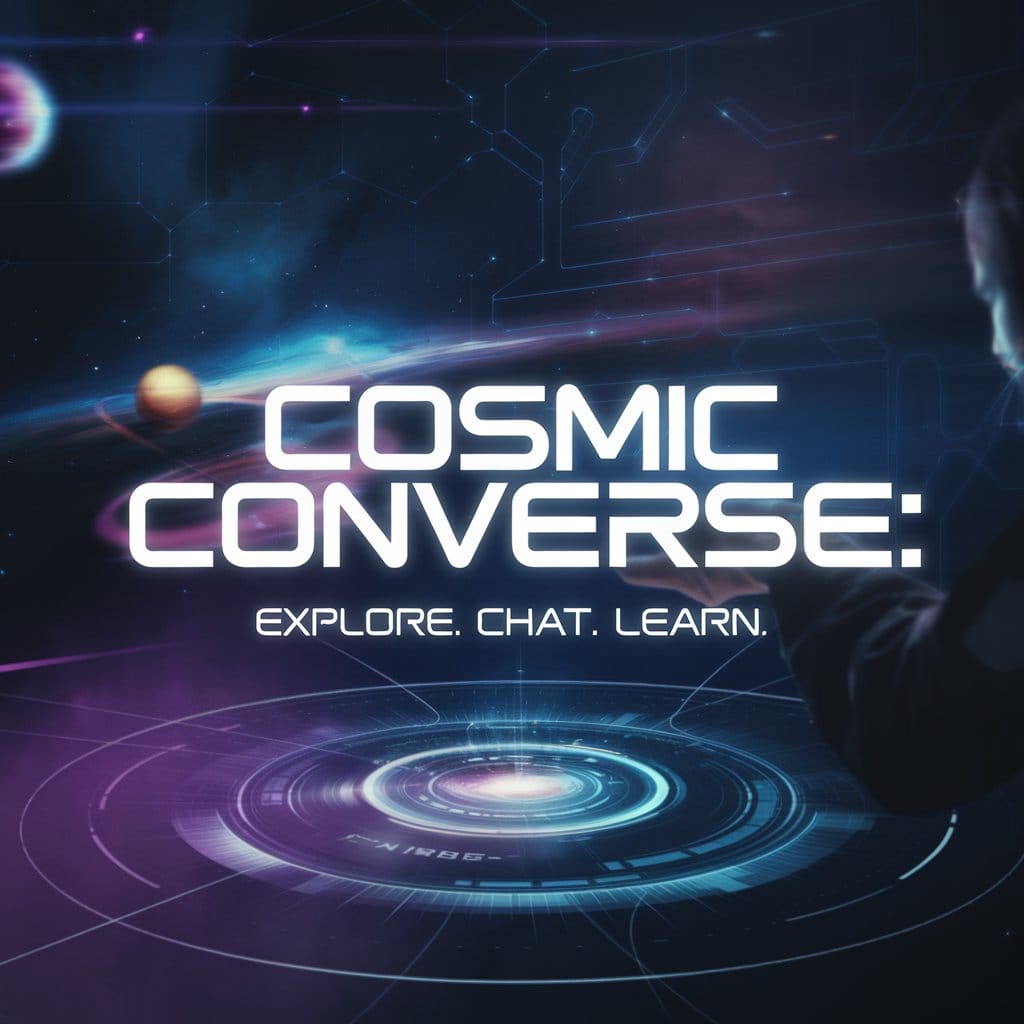Artificial Intelligence In Educational Sector (AIIES)

The primary goal of any education system is to create responsible citizens. Artificial intelligence can act as a catalyst for the system.
Here are some current applications of AI in education:
1. Learning experiences that are personalized for each student can be created using AI. Students can now learn at their own pace and concentrate on the areas where they need the most assistance.
2. AI can be used to design adaptive learning experiences that change to meet the specific demands of each student. This implies that students might experience the ideal balance of difficulty and assistance, which can aid in their learning.
3. AI can be used to design dynamic and engaging e-learning courses that are superior to conventional textbooks. Students may learn and remember knowledge more easily as a result of this.
4. AI can be used to evaluate student work, give feedback, and pinpoint areas where students need more assistance. By doing this, teachers may have more time to devote to other crucial responsibilities, including delivering individualized instruction. According to research, AI may be used to analyze vast volumes of data to find trends and patterns that will assist teachers to enhance their lesson plans.
A sub-field of computer science called artificial intelligence (AI) is concerned with building intelligent machines that can carry out tasks that ordinarily call for human intelligence. AI has made tremendous strides in a variety of industries, and education is one of them.
By delivering personalized learning experiences, enhancing administrative duties, and boosting overall educational outcomes, AI technology has the potential to revolutionize education. By offering personalized learning experiences, automating administrative work, and giving useful data to teachers, AI has the potential to totally alter education. Adopting AI technology could make education more effective, flexible, and personalized to the needs of specific students, ultimately empowering them and enhancing educational achievements.
It's important to keep in mind that artificial intelligence (AI) is not meant to take the place of teachers or group projects in the classroom. The role of educators should be supplemented and enhanced by the deployment of powerful AI tools. Children still need to interact with people in order to gain emotional support, advance their critical thinking abilities, and foster creativity.
ARTIFICIAL INTELLIGENCE
The term "AI," which now covers a range of computer programmers that can undertake difficult tasks that previously required human input, has become widely used. It includes fields like deep learning and machine learning, which are often used to refer to AI.
AI refers to the development of intelligent systems that can replicate or simulate human intelligence to solve problems, make decisions, or carry out specific tasks. Machine learning, a subfield of AI, focuses on the development of algorithms that can learn from and make predictions or decisions based on data. Deep learning, another subfield, involves training artificial neural networks with multiple layers to recognize patterns and make complex inferences.
The applications of AI are vast and diverse. In customer service, AI-powered chatbots and virtual assistants are employed to interact with customers online, answer inquiries, and provide support. These systems can understand natural language, analyze customer preferences, and provide personalized recommendations, enhancing the overall customer experience.
It's important to note that AI is not synonymous with human intelligence and has limitations. While AI systems can excel in specific tasks, they lack humans' broader cognitive abilities and context comprehension. They rely heavily on data quality and quantity and require careful consideration of ethical implications, such as bias and privacy concerns.
As AI continues to advance, ongoing research and development are necessary to address these challenges and unlock its full potential. By harnessing the power of AI, society can benefit from increased efficiency, improved decision-making, and new opportunities across various domains. It is crucial to responsibly deploy AI technologies, ensuring they augment human capabilities, facilitate human-machine collaboration, and align with ethical principles.
ARTIFICIAL INTELLIGENCE IN EDUCATION
AI has already been applied to education primarily in some tools that help develop skills and testing systems. As AI educational solutions continue to mature, the hope is that AI can help fill needs gaps in learning and teaching and allow schools and teachers to do more than ever before. AI can drive efficiency, and personalization and streamline admin tasks to allow teachers the time and freedom to provide understanding and adaptability—uniquely human capabilities where machines would struggle. By leveraging the best attributes of machines and teachers, the vision for AI in education is one where they work together for the best outcome for students. Since today's students will need to work in a future where AI is the reality, it’s important that our educational institutions expose students to and use the technology.
Applications of AI in Education
Personalized Education
AI can help in creating personalized teaching patterns for individuals as per their potential in different areas of learning. It can analyze the knowledge gap and preferences of individual students.
Tutoring
Artificial Intelligence can play an important role in tutoring students by solving their doubts outside the classroom. It can be possible with the help of chatbots and other AI-enabled tools. In addition, AI will also help in solving problems in a timely manner.
Virtual Reality
People can explore and engage with a three-dimensional computer-generated environment known as virtual reality. By incorporating experiential learning into their lessons, VR educators are redefining what it means to be a student.
Creation of Smart Content
AI-based software tools will help in the creation of smart content. It can also help in keeping the information up to date.
The main role of AI in education is the automation of both academic and administrative tasks, personalized learning, smart content, and all-time accessibility. Over the course of time, AI has resolved the issue of accessibility in several fields like health, environment, etc.



